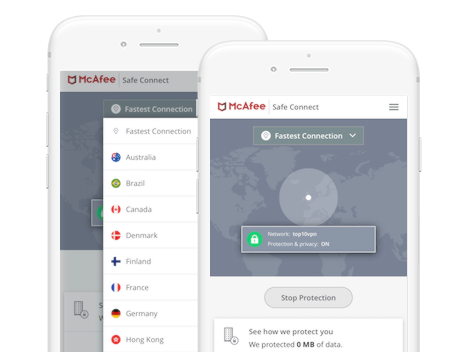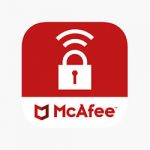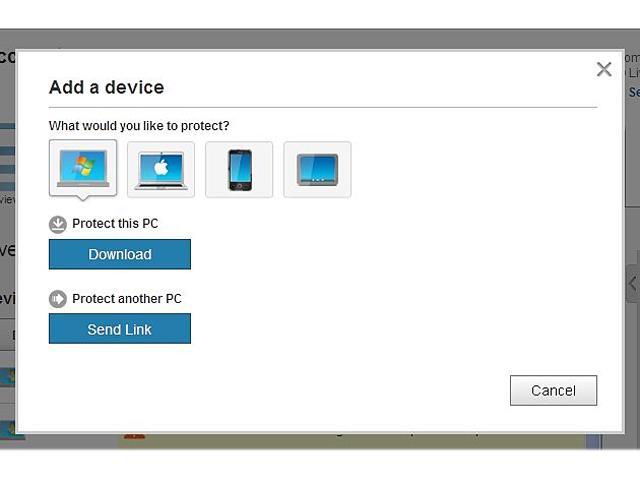

Hotspot Shield Elite from AnchorFree, which costs between $3.50 and $13 a month, scored well across the board. Walkiewicz recently led a comparative study of popular VPN products and picked a handful of best options. As a rule of thumb, if you can think of an obvious reason why a company would use your data, it probably is. Other times they’re collecting tons of data and selling it to advertisers-or selling ads against it. Indeed, sometimes companies collect a little bit of data but don’t associate it with you. But to some degree, he adds, “all companies store data.” “Pretty much all VPNs claim they store no data,” saysĭirector of test research at AV-Test, an independent IT-security research firm based in Germany. Onavo Protect app, which was recently removed fromĪpp Store because it was collecting users’ smartphone activity. You want a VPN that works on all of your devices, including your phone. New York Officials Plan for Cyber Defenses Around 5G.

Human Error Often the Culprit in Cloud Data Breaches.Companies Use Cyber Ranges to Practice Security Skills.Data Breaches Elicit Calls for More Transparency.Read more of our premium in-depth coverage designed to help industry professionals monitor and act on decisions that influence policy. But a few simple rules will help you narrow the field considerably. And if all you care about is avoiding the airport or coffee-shop snoop, most will serve you. VPN options abound, all promising more or less the same thing. You want a VPN that stores as little of your information as possible-ideally none at all. Others sell your data, trying to make advertising dollars. Some VPN makers promise to store only essential data, but that word is often used loosely. No matter which one you choose, you’re placing your faith in the company’s ability to keep your activity private. You should be rigorous in choosing a VPN, too, because even though other sites can’t find out where you are or what you’re up to, your VPN provider can. If you visit a shady website and give it your credit-card info, your VPN can’t stop you. You should still set strong passwords and change them often, use multifactor authentication, access secure HTTPS websites, and everything else you’d normally do to keep yourself safe online. Using a VPN doesn’t mean you can eschew all other good security practices, of course. But even in everyday use, it can be a way to foil marketers and sometimes gain benefits like cheaper plane tickets, since airlines and other vendors can use your location and profile to set prices. This kind of location shifting has been key to the rise of VPNs.Ĭhief executive at popular VPN maker AnchorFree, says the company’s Hotspot Shield VPN often sees huge spikes in use during uprisings in countries like Turkey and Egypt, since the tool allows users to access sites that are blocked in the country. When I turn on my VPN in San Jose, Calif., my IP address jumps to Newark, N.J. No matter where you are, the internet will see your traffic as coming and going from whatever VPN you’re using.


Source: Wombat Security survey of more than 1,000 adults in the U.S., conducted in May 2017īecause your VPN provider is actually accessing the internet for you, the sites you visit won’t receive accurate identifying data like your location or IP address.


 0 kommentar(er)
0 kommentar(er)
